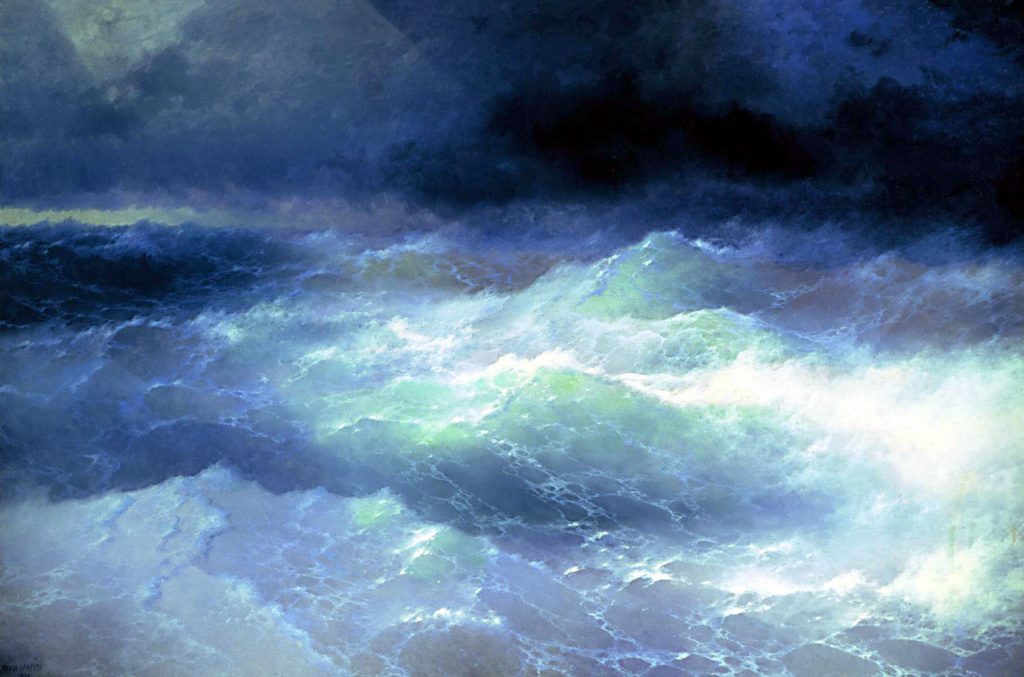
How deeply we fear being nobody. One way to think of the ego is as a defense against pain, particularly the pain of being no one. It shores us up, reminding us that we are somebody. We update our internal resumes and narratives constantly. We seek new skills and go on self-improvement regimes of all kinds, including the practice of mindfulness meditation. And we may improve a little. We may feel a little more peaceful, a little more resilient and less quick to anger.
And yet, deep down we may sense that we are still seeking to plant a flag in ground that gives way under our feet. Nothing we do can stop time’s passage and all the things that keep happening that we don’t want to happen, like aging and loss. Even with a very deep and well-established practice that has grown new neurons and reduced stress and accomplished everything else that scientific studies promises, even then we still touch the sadness of life. And that fear of being no one.
It may come as a relief that in ancient times, when people first heard of Buddha’s teachings on emptiness or no self, it was considered most auspicious to feel not joy but terror. One classical explanation is that to feel fear is to intuit what must come. The ego must volunteer to abdicate the throne in the center of your life. It must agree to die or at least diminish and let you be no one at least some of the time. These days the secular mindfulness movement takes the sting out of this death. It practices a kind of bait and switch, benevolent but still a bait and switch. It promises people a little more peace and inner spaciousness, a better brain, and so on. And slowly, slowly it leads on to the realization that real peace and freedom come in those moments when we are no one. We notice that when we are more awake we are not thinking of a self. We find that being nobody is not deadness. It is awakening to the flow of life.
The Moment, by Margaret Atwood
The moment when, after many years
of hard work and a long voyage
you stand in the centre of your room,
house, half-acre, square mile, island, country,
knowing at last how you got there,
and say, I own this,
is the same moment when the trees unloose
their soft arms from around you,
the birds take back their language,
the cliffs fissure and collapse,
the air moves back from you like a wave
and you can’t breathe.
No, they whisper. You own nothing.
You were a visitor, time after time
climbing the hill, planting the flag, proclaiming.
We never belonged to you.
You never found us.
It was always the other way round.
